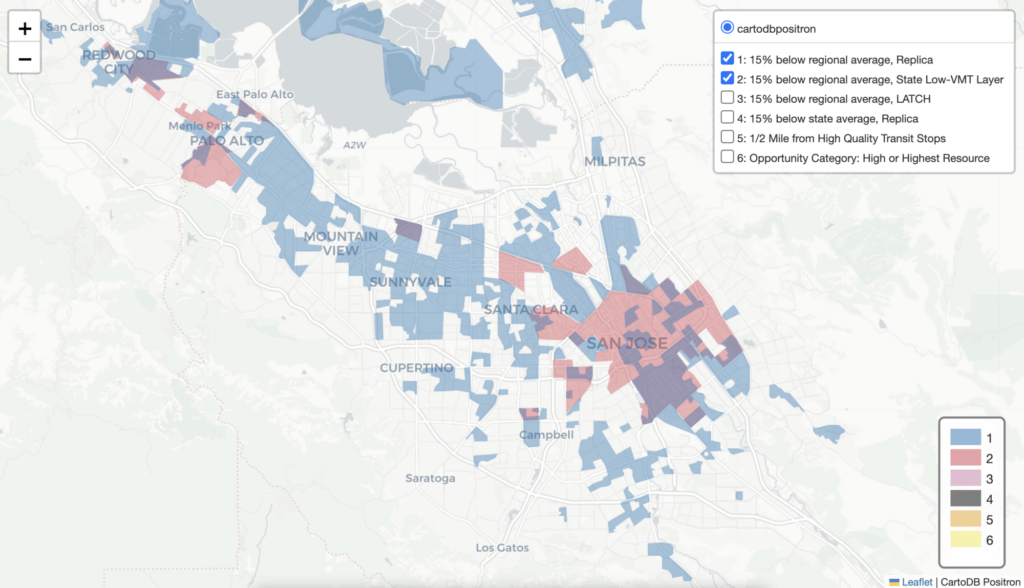Taking Housing Solutions from the Near-Term Crisis to the Long-Term Crisis
Published On October 25, 2021
As a result of state and federal eviction moratoria and renter financial stress during the pandemic, landlords, particularly smaller-scale owners, adjusted their responses to missed rental payments and eviction filings decreased. In a new blog post drawing on two surveys of the landlords of small rental properties, our Postdoctoral Scholar Dr. Nathaniel Decker argues that understanding how landlords shifted their practices can offer longer-term lessons for sustainably reducing evictions beyond the current crisis.
In addition, improving the design and deployment of rental assistance would help to better reach owners of small rental properties and lay the groundwork for broader reforms to a system reliant on the eviction process to resolve non-payment of rent. Such reforms could include an expansion of the Housing Choice Voucher program as well as the creation of a permanent program for short-term rental assistance to address brief shortfalls for tenants unable to make rent and be ready in emergencies.





